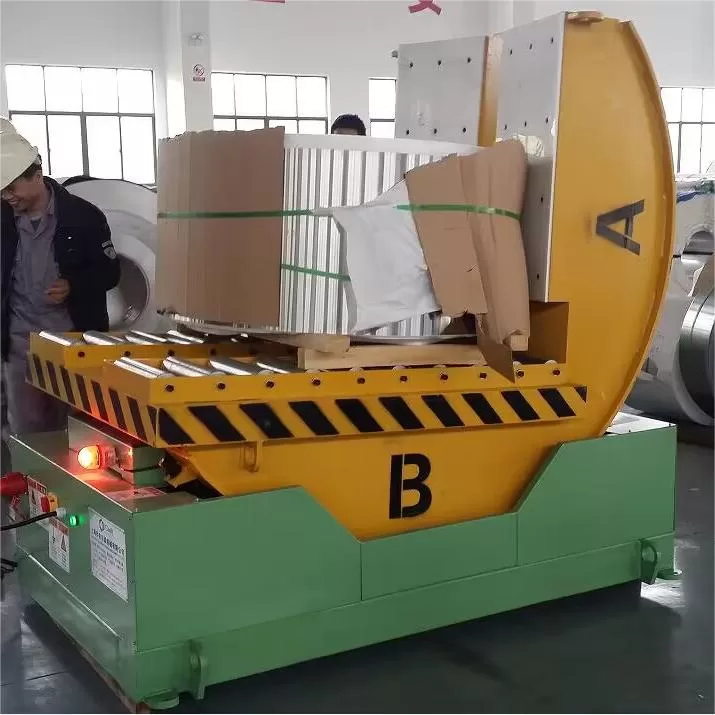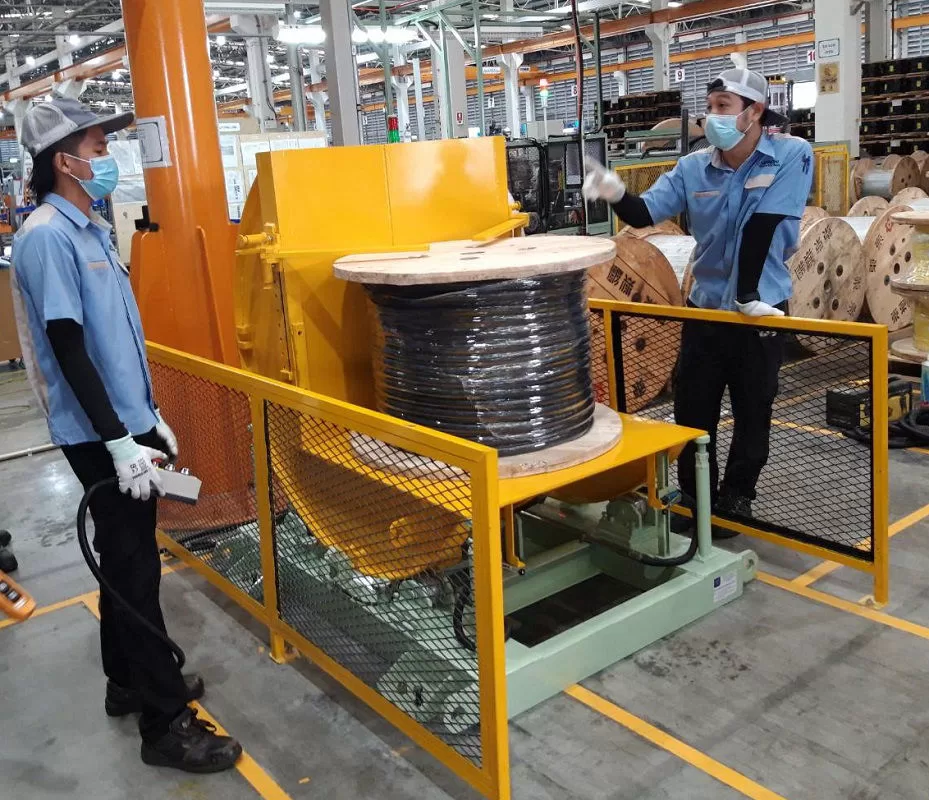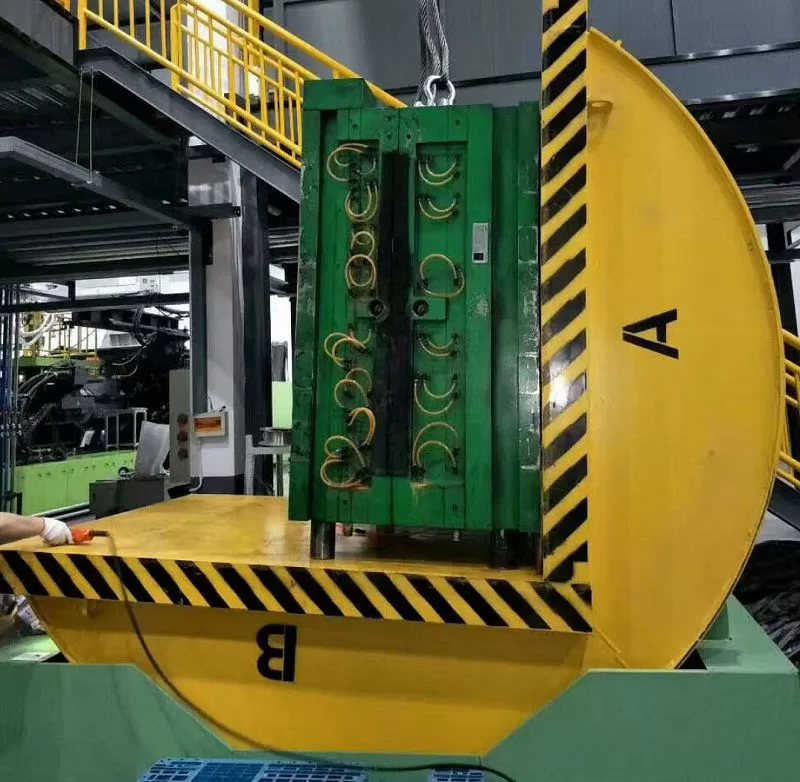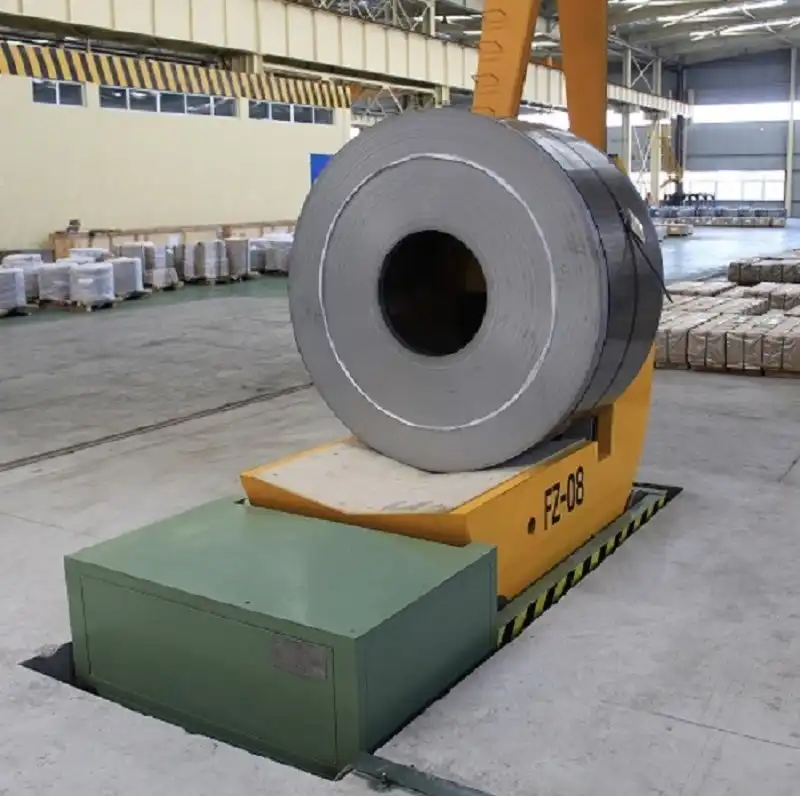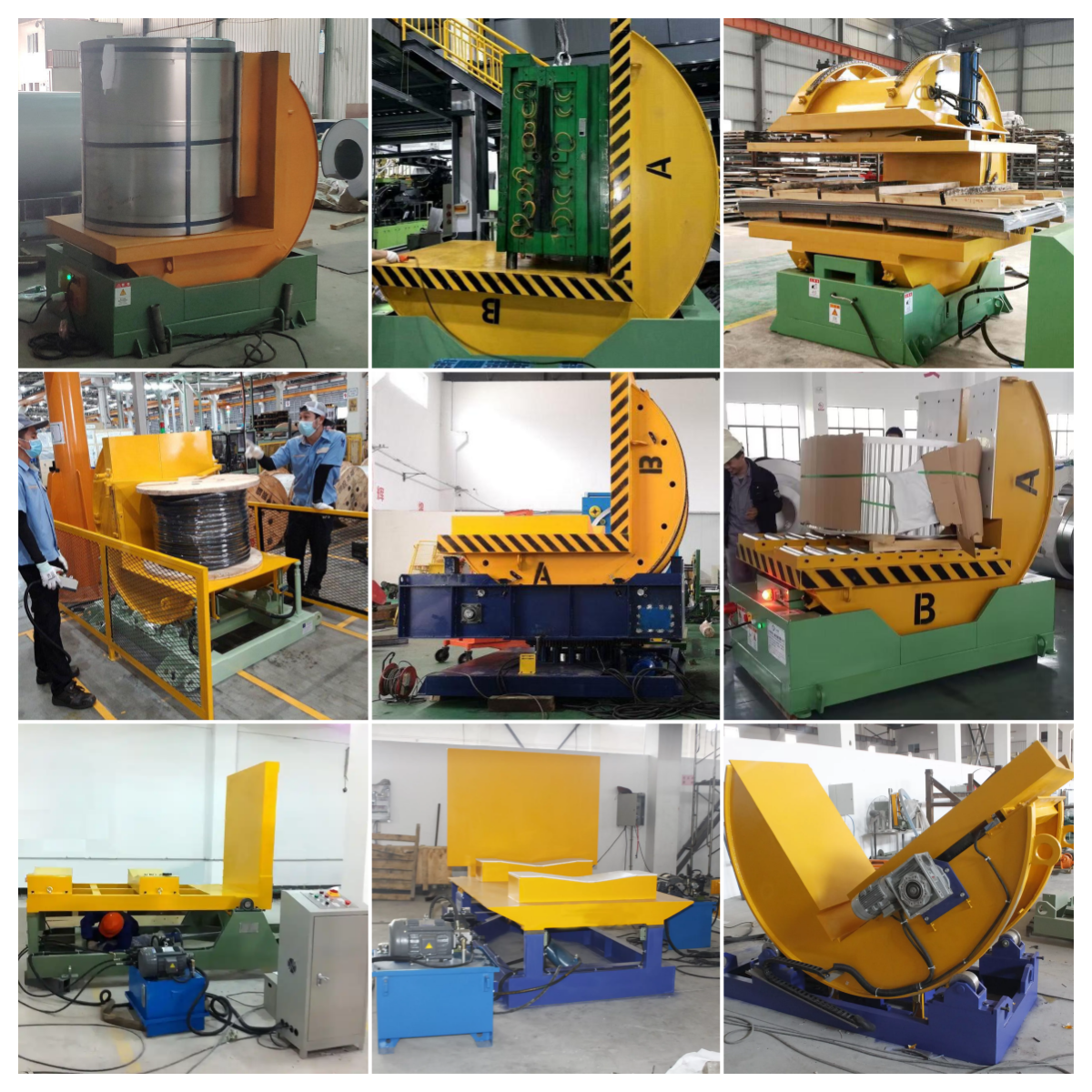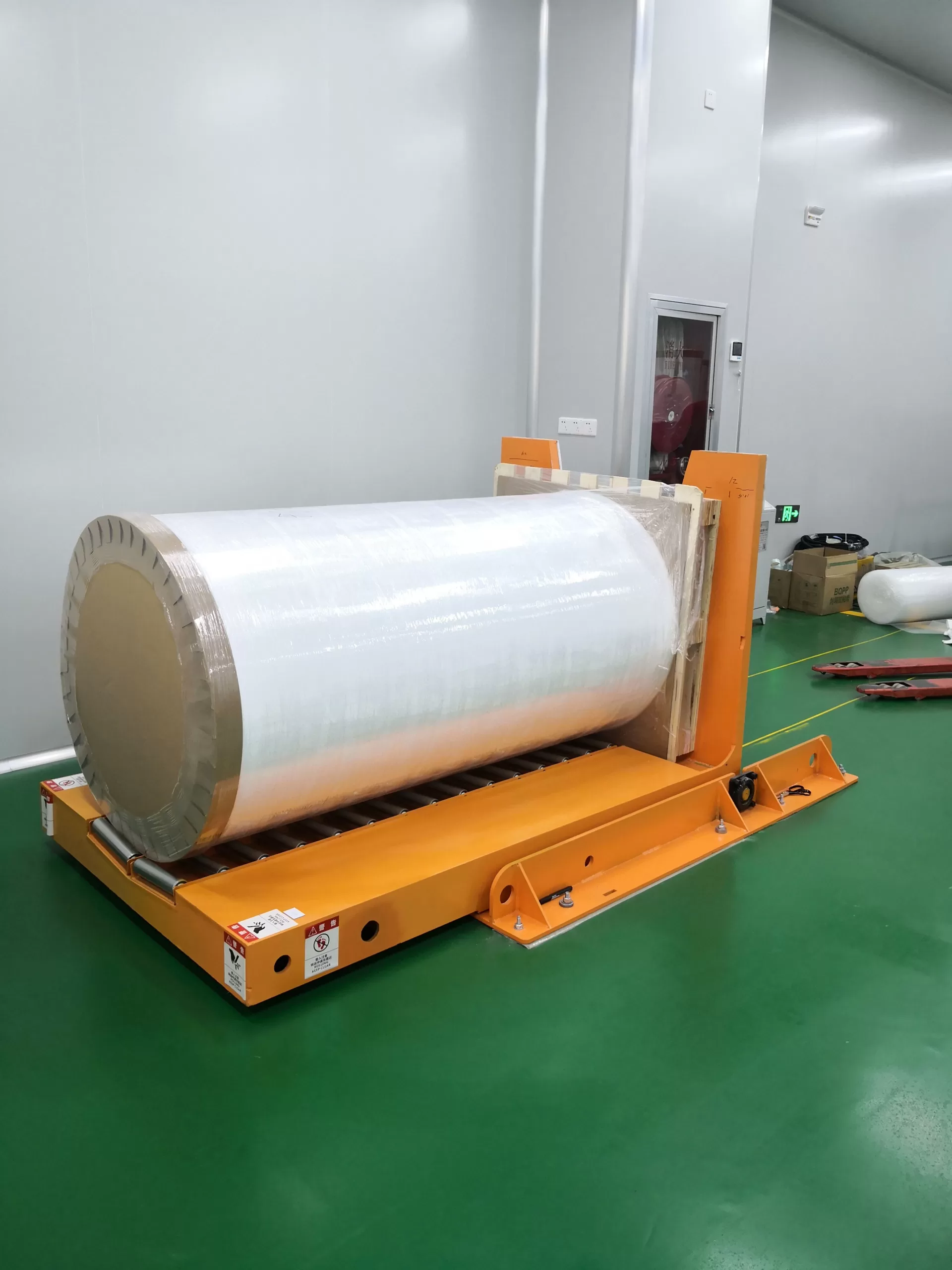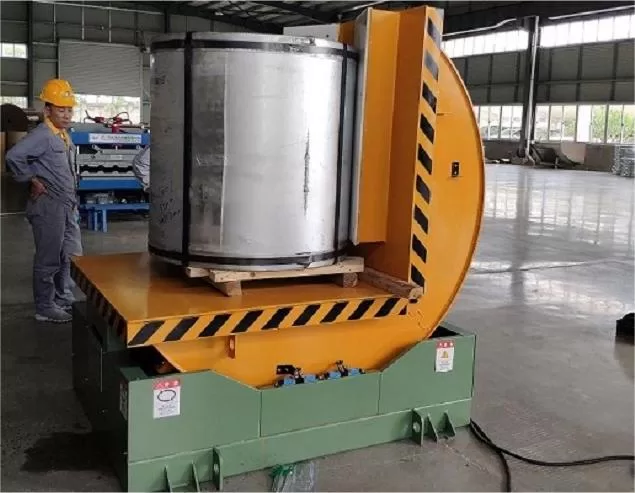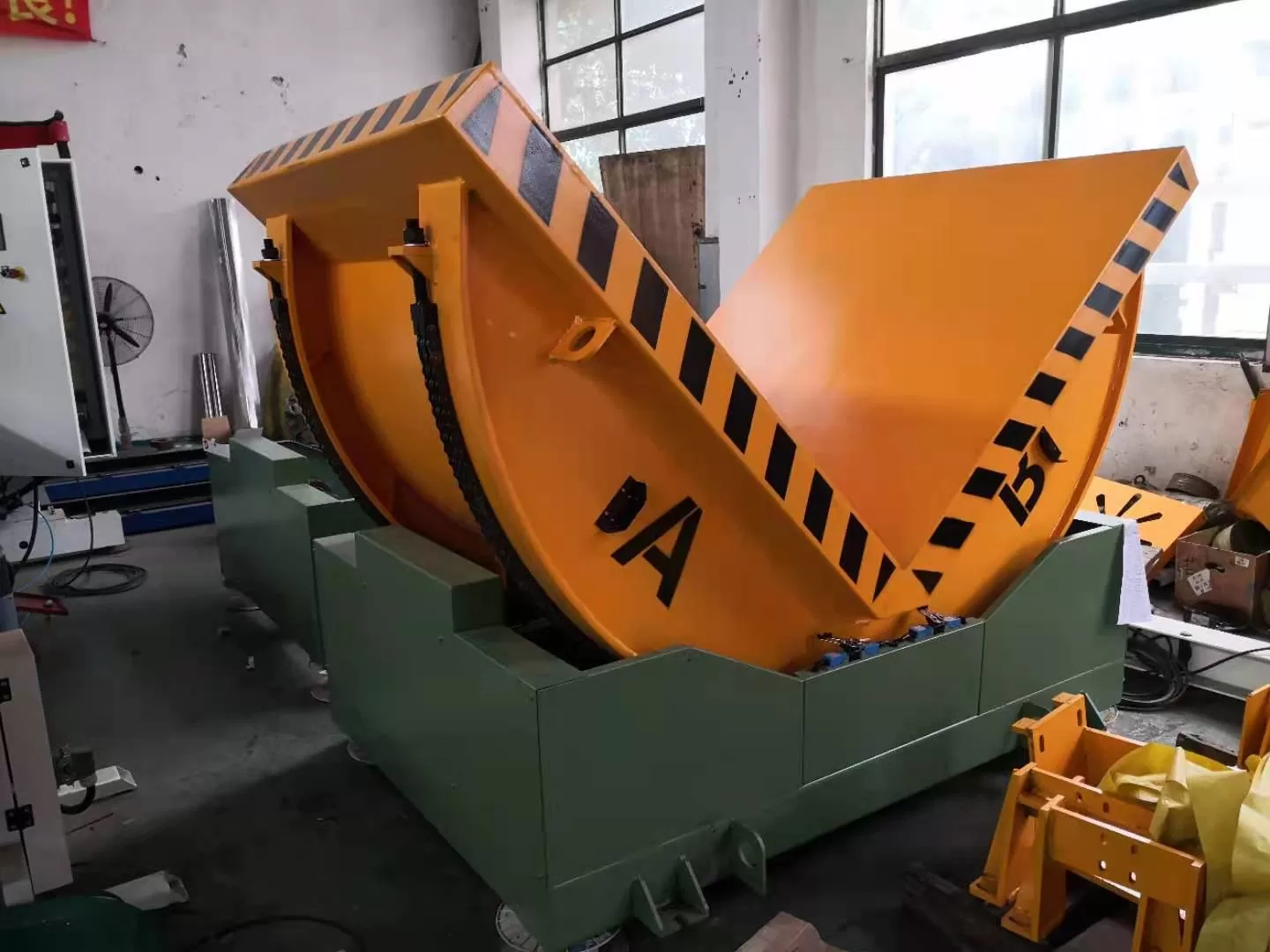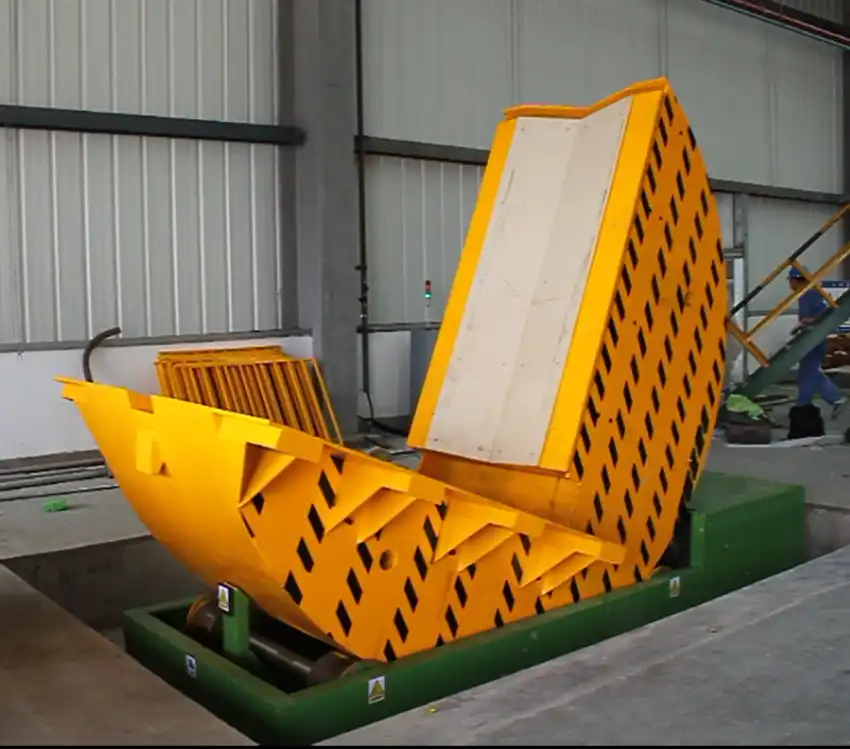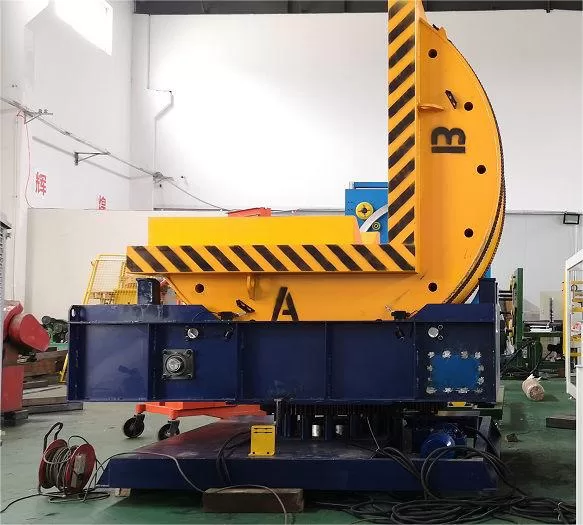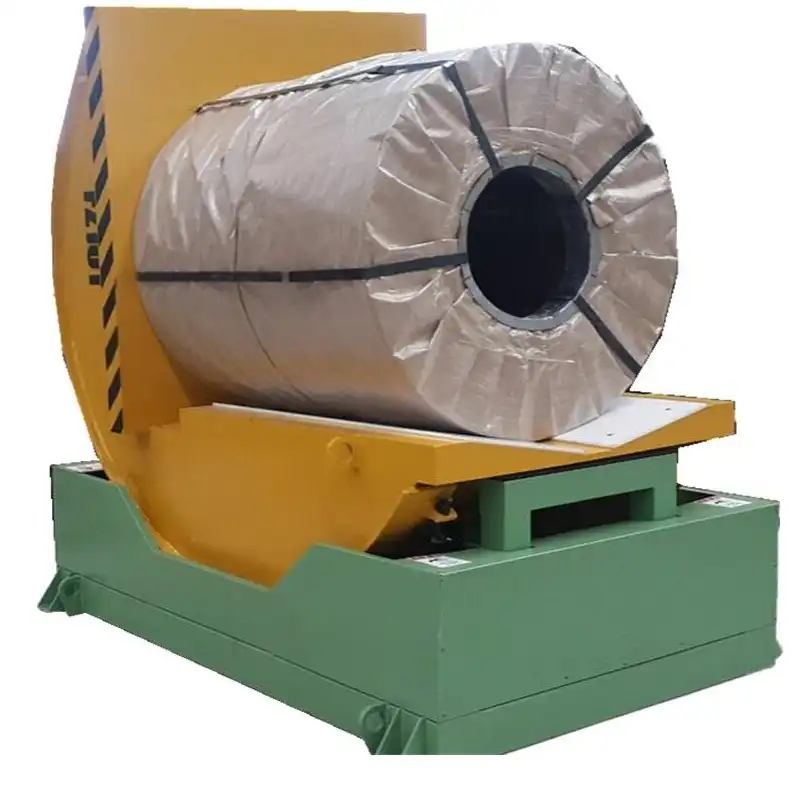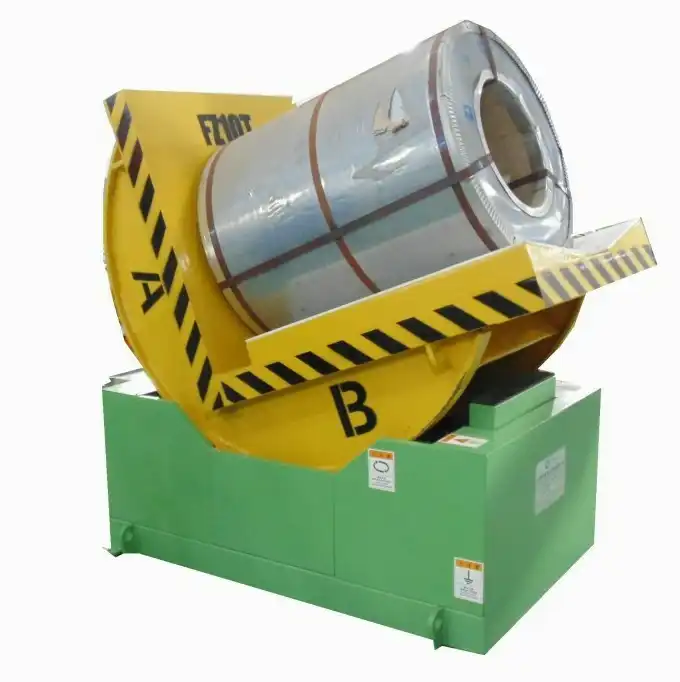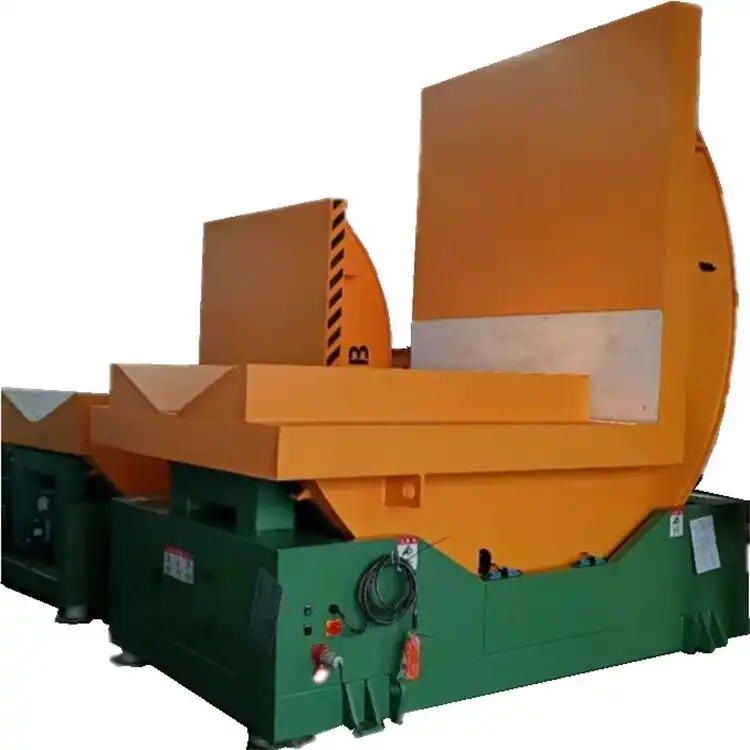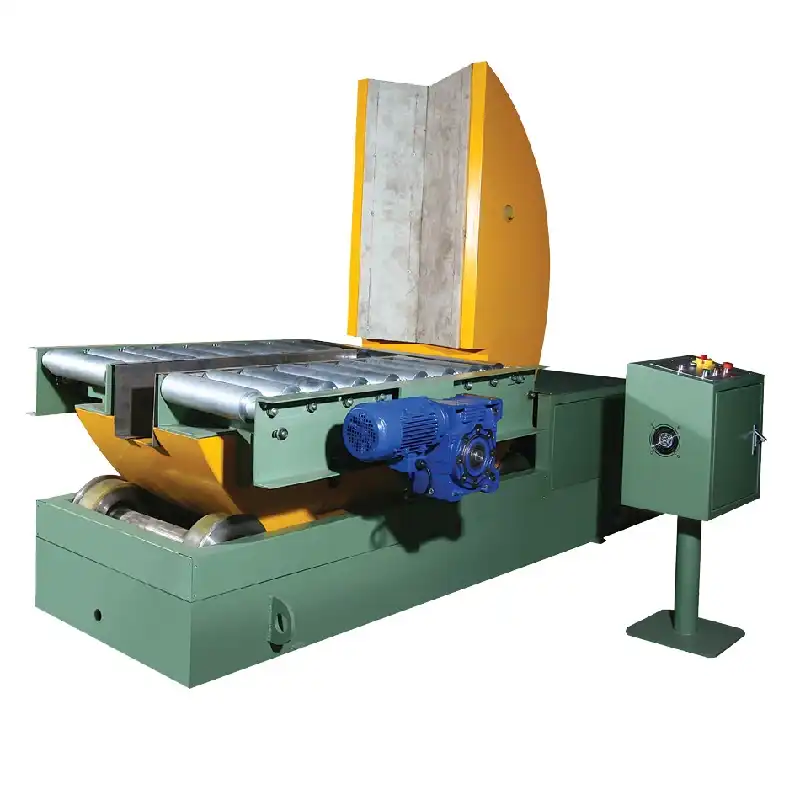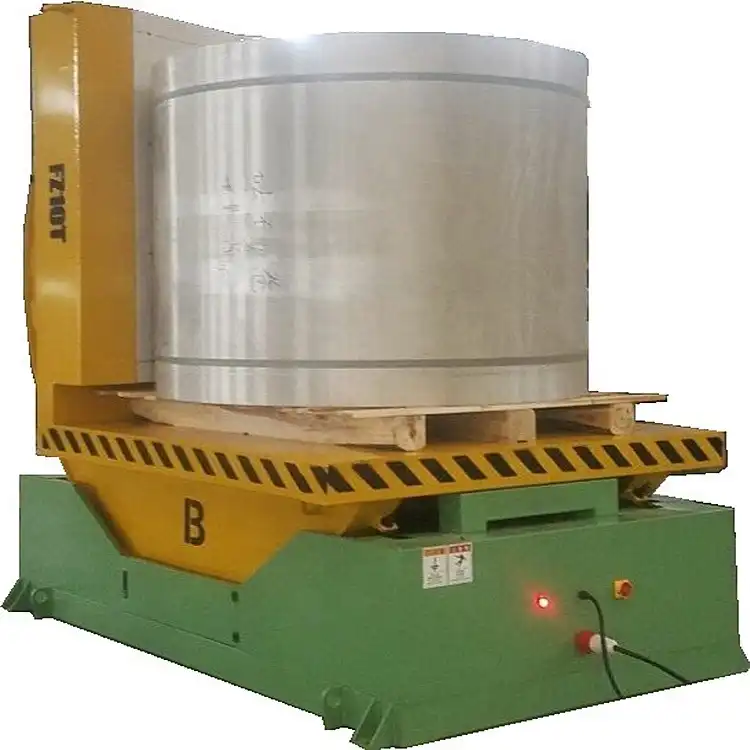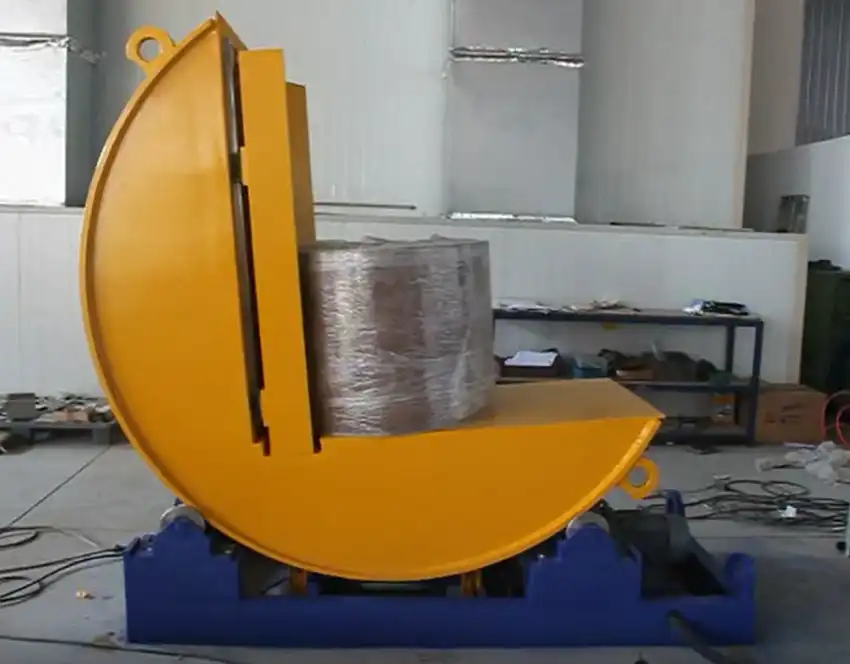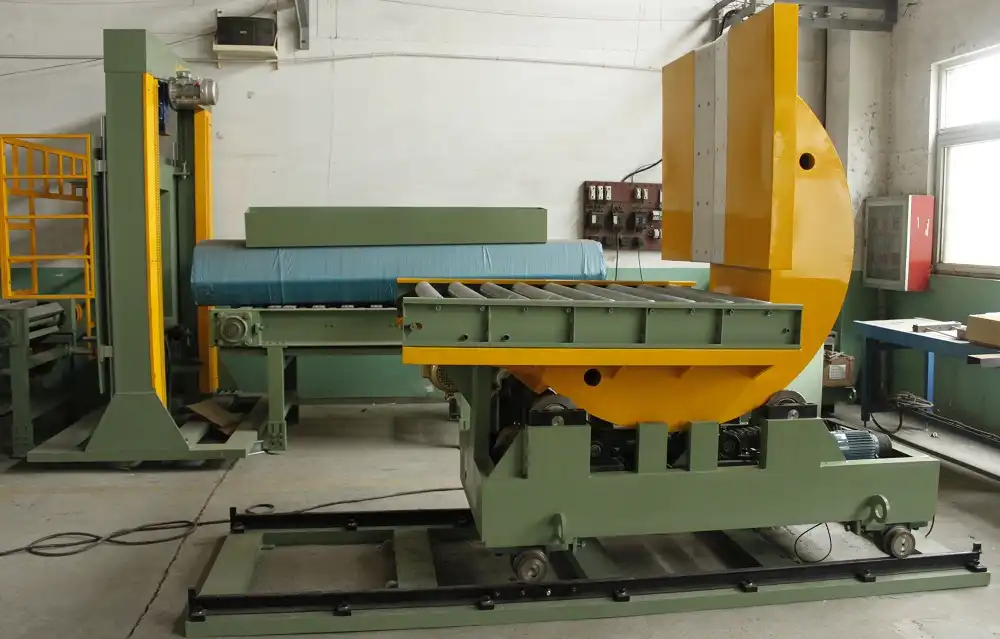Coil Tilter Machine
The steady hum of industrial machinery fills the air, punctuated by the occasional clink of steel. Imagine a world where safety and efficiency seamlessly intertwine, transforming heavy-duty operations into a dance of precision. The coil tilter machine—an engineering marvel—stands at the heart of this transformation. Its ability to rotate, tilt, and position massive steel coils with ease has reshaped manufacturing landscapes globally, ensuring productivity like never before.
A coil tilter machine is more than just a tool; it’s a pivotal component in industries that demand robust handling solutions. By significantly reducing the risks of manual intervention, it empowers workers and preserves operational integrity. Understanding its functionality, applications, and benefits will unlock a new appreciation for this indispensable innovation.
The power of a coil tilter lies not only in its mechanical design but also in how it integrates into workflows. This machine embodies the fusion of technology and engineering, addressing challenges ranging from workplace safety to optimized productivity. Let’s delve deeper into its multifaceted capabilities.
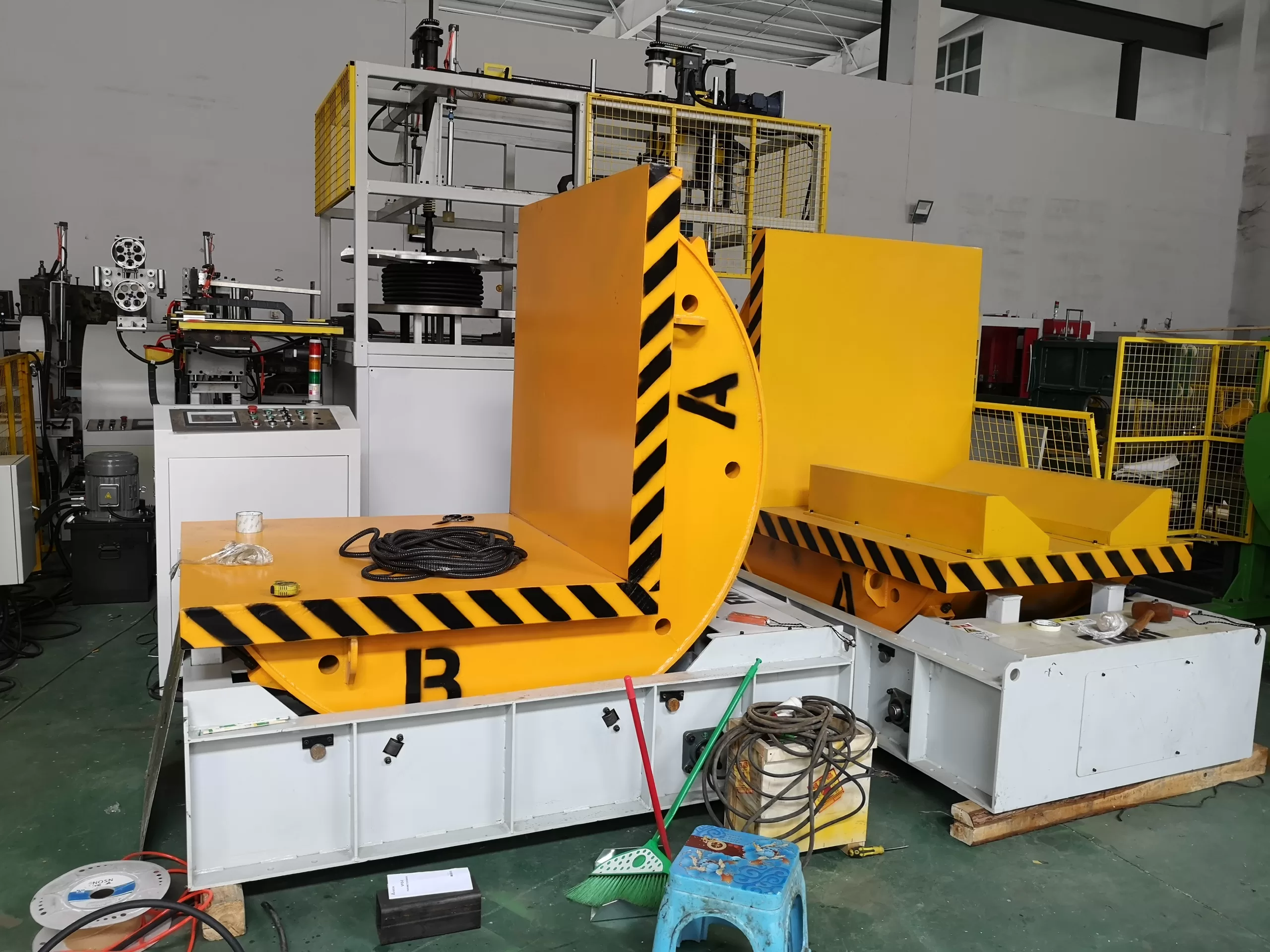
1. How does a coil tilter machine enhance operational safety?
Key safety mechanisms
Safety is non-negotiable in heavy industries, and the coil tilter machine exemplifies this commitment. Its design incorporates multiple layers of protection, such as automatic locking systems and weight distribution sensors. These features prevent accidental tilts and misalignments, ensuring the load remains secure during rotation.
The machine’s sturdy frame and ergonomic design reduce workplace hazards by minimizing direct human interaction with heavy materials. Employees can operate the device using remote controls or user-friendly interfaces, staying safely distanced from moving parts.
Practical safety benefits in industrial use
Beyond theoretical safeguards, the real-world benefits of coil tilter machines are evident in reduced accident rates and enhanced worker confidence. For example, in steel coil packaging operations, the machine’s precise tilt capabilities eliminate the risk of coils slipping or toppling during repositioning.
The addition of padded surfaces and anti-slip grips further ensures coils remain damage-free while protecting operators. In industries where human error can result in catastrophic outcomes, these machines serve as silent guardians of workplace safety.
Dive deeper into safety innovations
Innovations in coil tilter machines don’t stop at basic safety mechanisms. Modern models feature integrated AI systems that monitor load balance in real-time, issuing alerts if irregularities are detected. These advancements significantly reduce the chance of unforeseen accidents, allowing companies to maintain stringent safety standards effortlessly.
2. Why is precision critical in coil tilting operations?
The role of precision-engineered mechanics
Precision is the linchpin of successful coil tilting. Each coil, often weighing several tons, requires meticulous handling to avoid misalignment or damage. Coil tilter machines achieve this through precision-engineered components, such as hydraulic systems and rotational control mechanisms. These systems ensure smooth, consistent movements regardless of the coil’s size or weight.
Accurate positioning reduces the likelihood of material deformation, an essential factor in industries like automotive and construction. With tolerances measured down to fractions of a millimeter, the coil tilter machine becomes an indispensable asset in maintaining product quality.
Case examples of improved output quality
Consider a steel service center handling high-strength steel coils for automotive manufacturing. Before adopting a coil tilter machine, operators manually adjusted coils, resulting in minor misalignments that impacted the steel’s performance. Post-implementation, the service center observed a 20% improvement in production accuracy and a significant decrease in material wastage.
Such results underscore the transformative power of precision-driven technology, ensuring consistency in quality and performance.
Dive deeper into precision technology
Advanced precision capabilities in modern coil tilter machines include features like load distribution mapping and automated adjustment algorithms. These systems adapt dynamically to variations in weight or dimensions, providing unparalleled accuracy. As industries evolve, these technological strides will continue setting benchmarks for operational excellence.
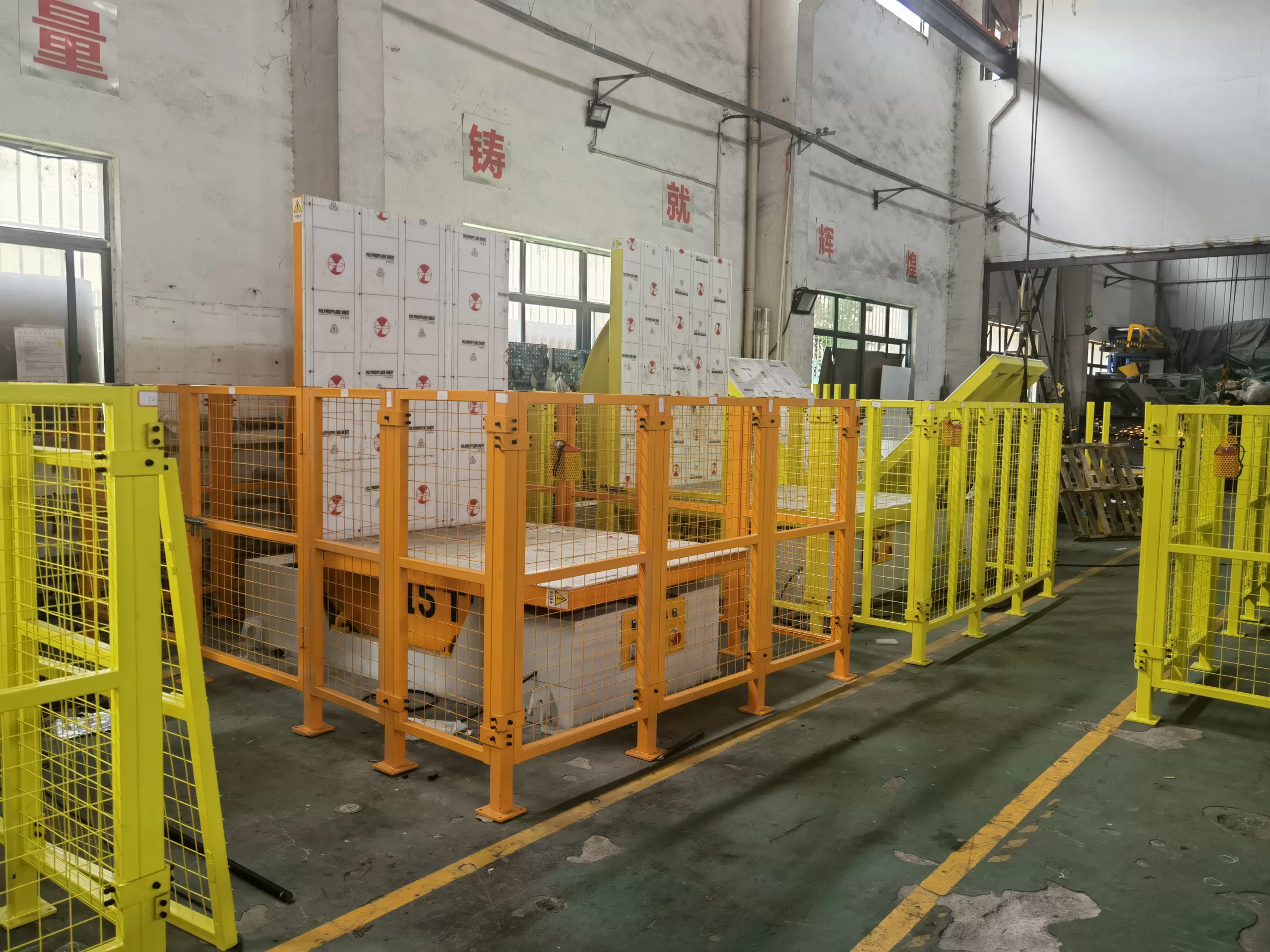
3. What industries benefit most from coil tilter machines?
Top industries leveraging coil tilters
The versatility of coil tilter machines allows them to thrive in various industries. Steel manufacturing is an obvious beneficiary, where coils are an everyday necessity. Automotive manufacturers also rely on these machines to handle the precision-demanding materials used in vehicle assembly.
Beyond these traditional sectors, industries like aerospace, construction, and renewable energy are discovering the advantages of coil tilters. For example, wind turbine manufacturers use these machines to handle massive metal coils that form critical components in turbines, ensuring flawless quality and efficiency.
Future growth areas and market trends
With global industry trends leaning toward automation and safety, the demand for coil tilter machines is poised to rise. Emerging markets in Asia and Africa are investing in infrastructure, boosting the need for heavy-duty machinery like coil tilters. Additionally, sustainability trends are pushing industries to adopt equipment that minimizes material waste, a significant advantage of precision tilters.
Dive deeper into growth opportunities
Future applications for coil tilter machines could expand into advanced manufacturing sectors like robotics and artificial intelligence-driven factories. These industries require extreme precision and minimal downtime, areas where coil tilters excel. With ongoing innovation, these machines will likely play a key role in shaping the next generation of industrial processes.
4. How does automation elevate the coil tilter machine’s efficiency?
Advanced controls and programming
Automation in coil tilter machines has revolutionized their efficiency. By incorporating programmable logic controllers (PLCs) and user-friendly interfaces, operators can execute complex tasks with a few taps. Automated features like preset angle adjustments and synchronized movements streamline operations, reducing human effort and error.
These machines also integrate seamlessly with existing industrial automation systems, such as robotic arms and conveyor belts, creating a cohesive production line that operates with unparalleled efficiency.
Real-world examples of automation success
A prominent example is a global steel processing company that implemented fully automated coil tilters. The result? A 30% reduction in handling time and a 40% increase in throughput. These figures not only highlight the time-saving benefits but also demonstrate the cost-effectiveness of automation.
Dive deeper into automation technology
The latest advancements in coil tilters include IoT-enabled systems that allow real-time monitoring and predictive maintenance. These features ensure minimal downtime by alerting operators to potential issues before they escalate. As factories move toward Industry 4.0, coil tilter machines equipped with smart automation will be indispensable.
Conclusion
The coil tilter machine is more than a piece of industrial equipment; it is a cornerstone of modern manufacturing. From enhancing safety and precision to driving efficiency through automation, its impact is felt across diverse industries.
[claim]
As technology evolves, the coil tilter machine will continue to be a beacon of innovation, enabling industries to achieve new heights in productivity, safety, and sustainability.
